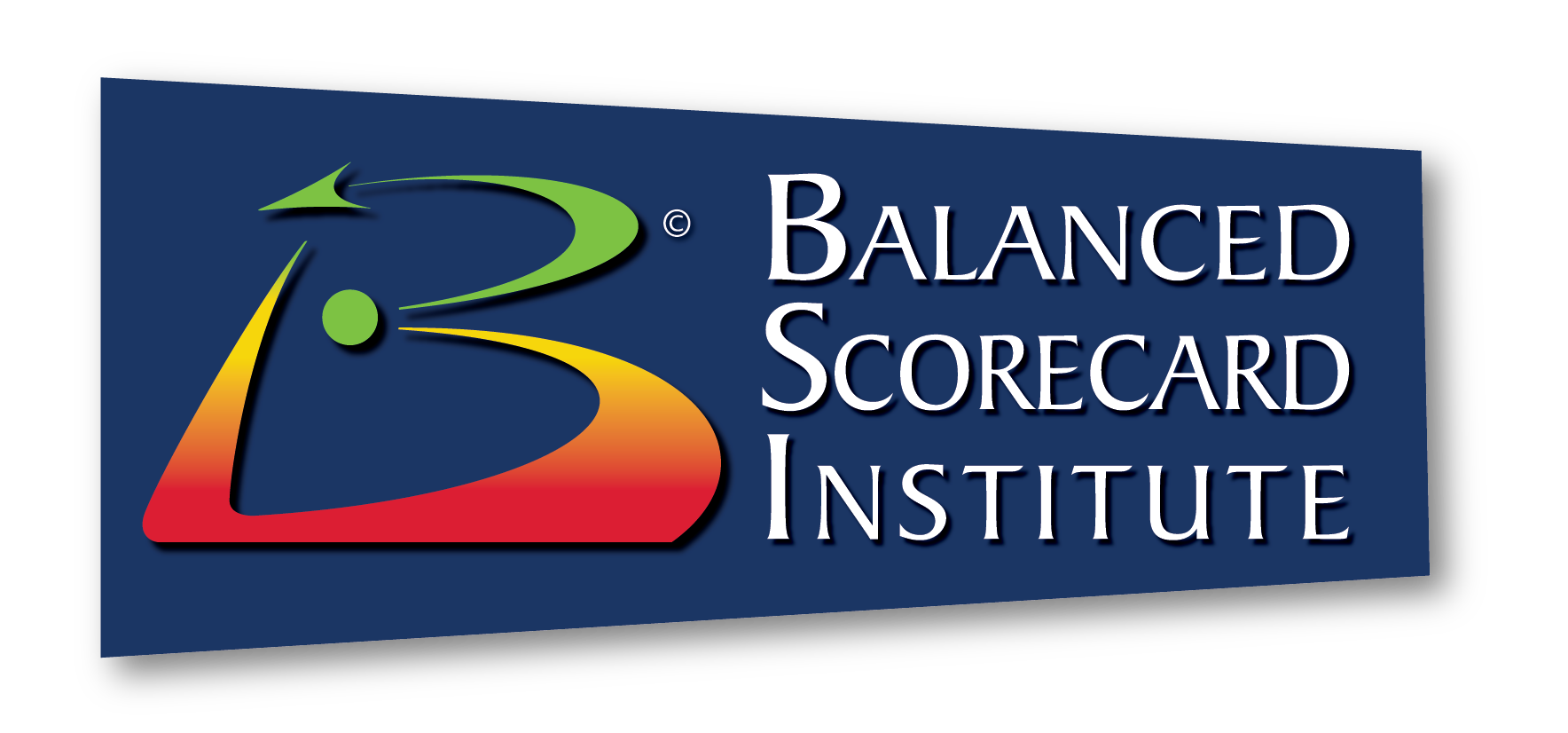 Many of you have probably already heard this story commonly shared by consultants, but bear with me.
Many of you have probably already heard this story commonly shared by consultants, but bear with me.
A woman got home from work one day and found her husband preparing a roast for dinner. Before he put the meat in the oven, he cut a few inches off the end and saved it in the fridge. She asked him why he did that, and he replied, “It makes it taste better. And besides, my father always did it that way.”
A few weeks later the couple visited the woman’s in-laws. They happened to cook a roast for dinner and the woman noticed her father-in-law cutting the end of the roast off before putting it in the oven. She asked him why he did that, and he answered the same. “It makes it taste better. And besides, my father always did it that way.”
The next summer the family went to a huge family reunion. As several generations gathered for a picnic, the woman happened to sit next to her husband’s grandfather, the patriarch of the family. She couldn’t help but to ask him the same question: “When you make a roast, why is it that you always cut the end off?” The grandfather thought about it a minute, smiled, and said, “Because back in the day I didn’t have any pans large enough for an entire roast.”
Any reader who has heard this parable knows that I changed one minor element. And I am guessing that even some of you that don’t know the story paused on the gender roles in the story. Of course, the story is normally told from the man’s point of view as he questions his wife about why she is brainlessly following convention as she cooks dinner. I heard one man tell it in the first person about his wife in a way that was very funny but wildly patronizing.
It is ironic that a story that is intended to teach you not to make assumptions or follow convention is contrived around a traditional role model framework that assumes that the woman would be doing the cooking. The world of strategy in 2020-2021 is one where you have to challenge conventions around even the most basic of assumptions. Perhaps your strategy was designed with the same types of blind spots around particular products, processes, or operational approaches. Organizations in the post-COVID world are asking themselves fundamental questions about their business model, their office space, their culture and their approach to the market. In this environment, strategic planning should employ scenario planning discussions designed to quickly uncover these assumptions and basic uncertainties in your strategy. While you cannot have a contingency plan for every possibility, you can work to reduce the blind spots in your current strategic thinking.
If you would like to learn more about the Nine Steps approach to strategy, please consider our Balanced Scorecard Professional Certification program.
David Wilsey is the Chief Executive Officer with the Balanced Scorecard Institute and co-author of The Institute Way: Simplify Strategic Planning and Management with the Balanced Scorecard.


